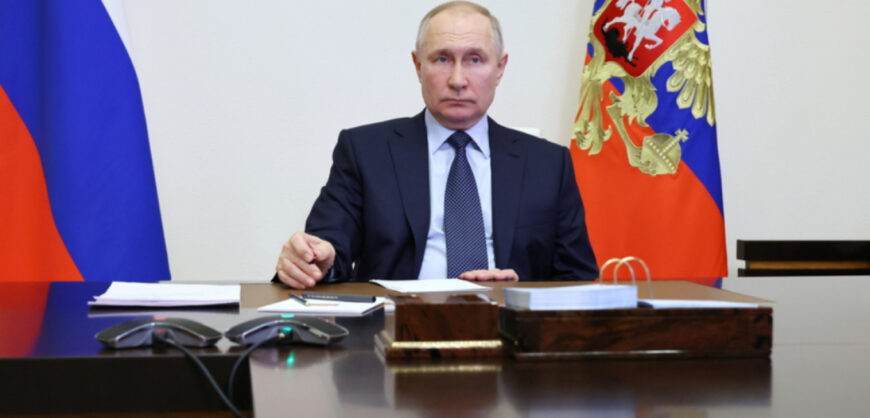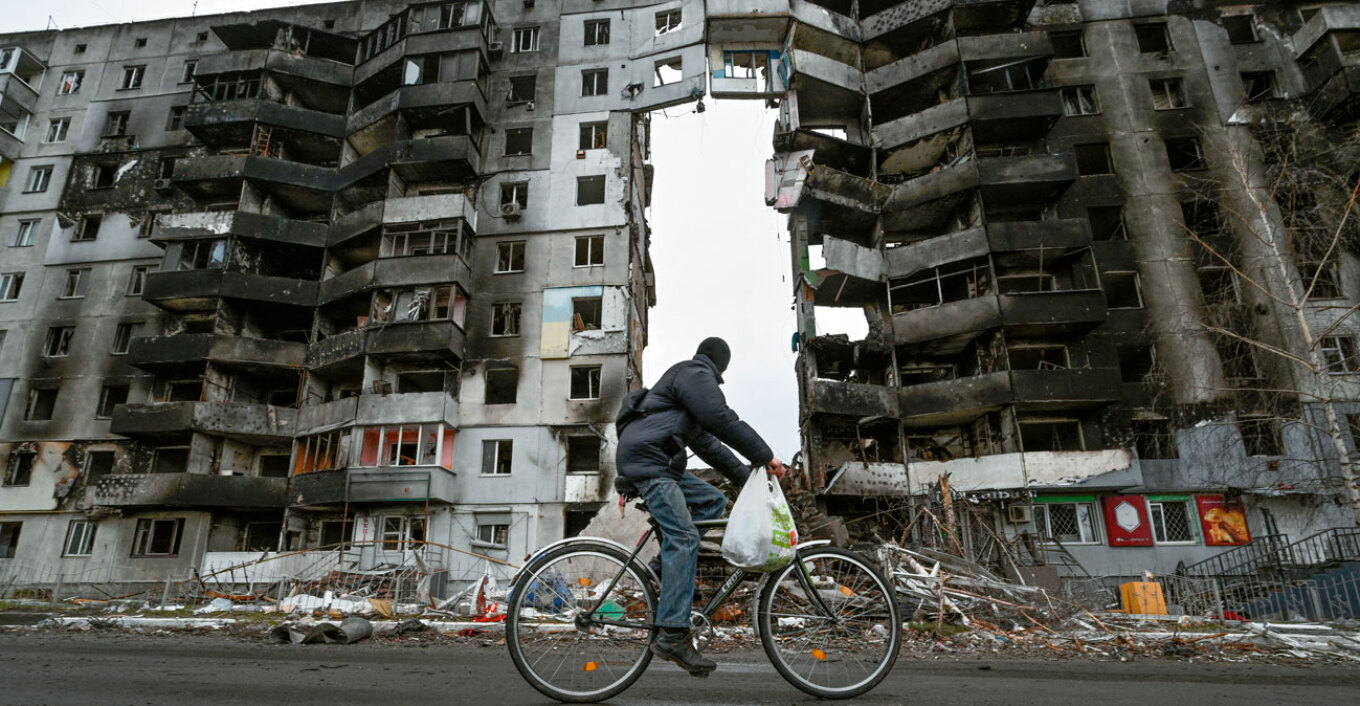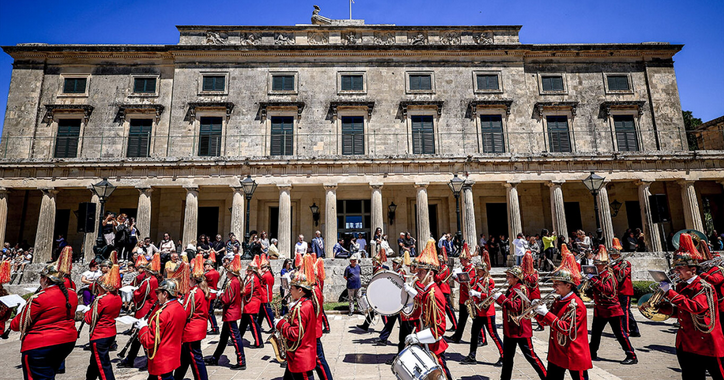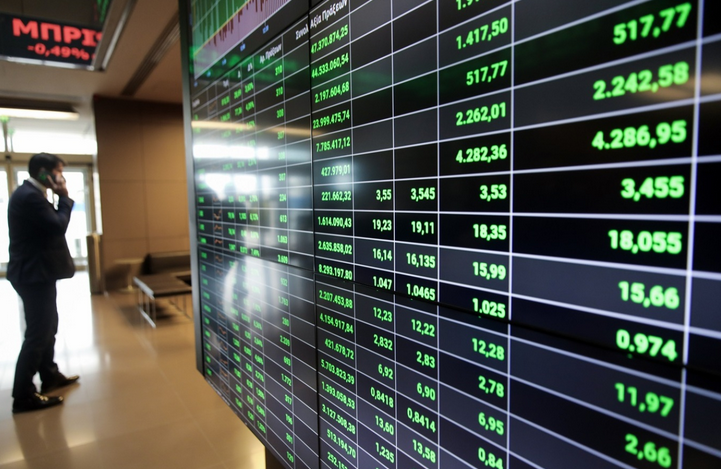The announcement of a partial mobilization of Russian citizens in September was the first time since the invasion of Ukraine that Russian President Vladimir Putin’s approval rating had dipped significantly. According to a survey by the independent institute Levada Center, the approval of Putin in Russia rose once more in the following months, reaching 82 percent again in January. The invasion itself had boosted Putin’s popularity at home from around 70 percent to 83 percent in March 2022. The Russian president announced during his annual address yesterday that the country was exiting the New START nuclear non-proliferation treaty with the United States, the only pact on nuclear weapons regulation for the two countries.
The Russian state-controlled media pushing the narrative of a mission to “denazify” Ukraine and to return it to Russia where it historically belonged explains why Putin’s approval can stay so high despite the country now being extremely marginalized in the international community and enduring the hardships of sanctions and war mobilization. Despite the surveys carried out by an independent researcher, Russians might still feel pressured to give a favorable opinion of the head of state due to the oppressive system they live in. The Levada Center has in a release pointed out that, while surveys only show the behavior people are willing to display publicly, survey-taking behavior has not changed since the invasion.
Going further back, the share of the Russian population supporting President Putin has also remained above 80 percent for most of the period between 2014 and 2018. In April 2014, after Crimea had been illegally annexed by Russia, Putin’s approval climbed to 82 percent while the Donbas War raged in Ukraine. In October 2015, with the beginning of the Russian intervention in Syria, Putin enjoyed a positive image in the eyes of 88 percent of Russians. However, three years later he suffered the worst dip in popularity in that decade with the announcement of social reforms aiming to raise the pension age. Opposition to Putin increased even more after the outbreak of COVID-19 and the adoption of confinement measures in early 2020.
You will find more infographics at Statista






































